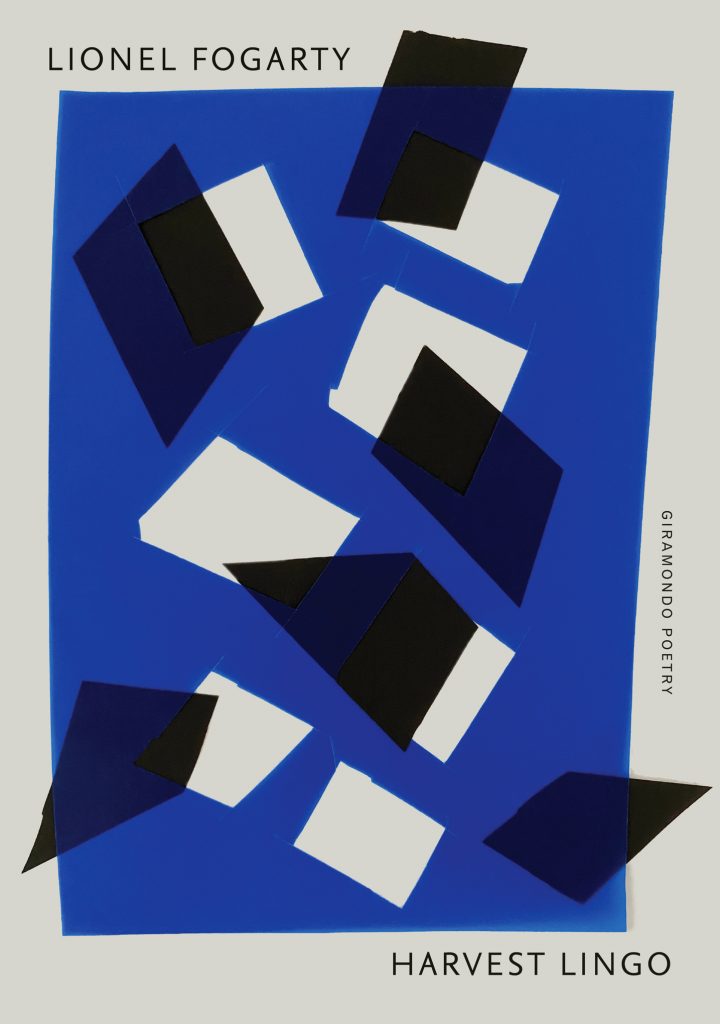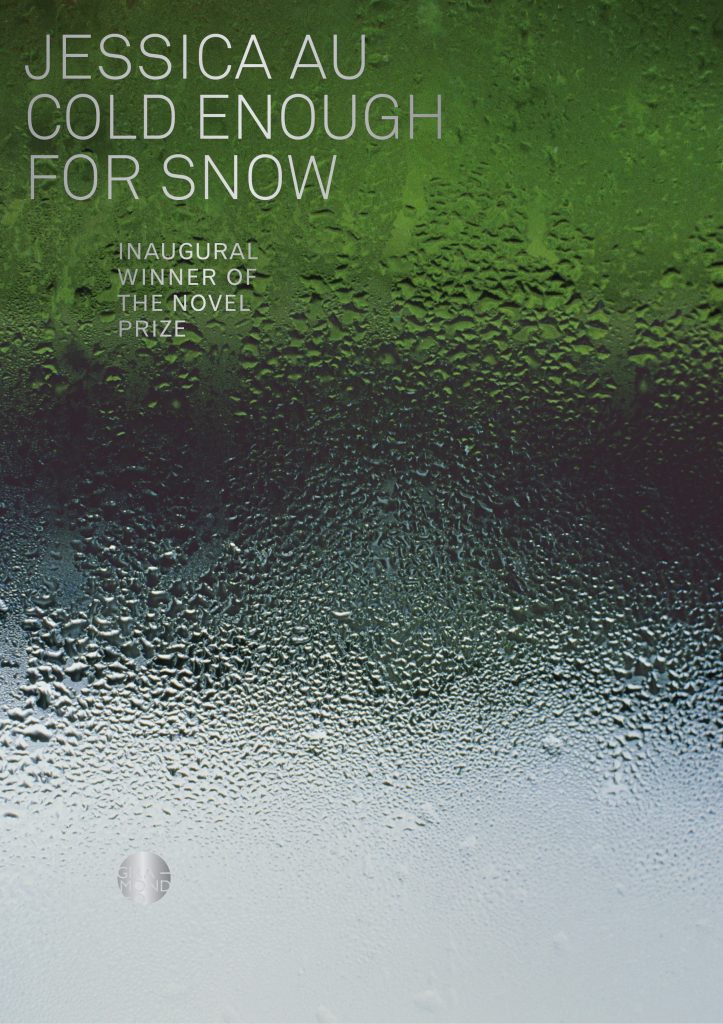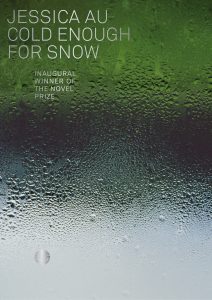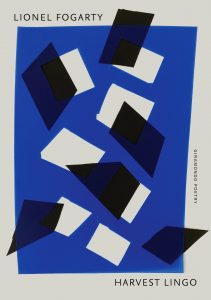Lionel Fogarty and Jessica Au shortlisted for 2023 Victorian Premier’s Literary Awards

Works by Jessica Au and Lionel Fogarty have been shortlisted for the 2023 Victorian Premier’s Literary Awards. Au has been nominated in the Fiction category for her novel Cold Enough for Snow, and Fogarty has been nominated in the Indigenous Writing category for his poetry collection, Harvest Lingo. Read the judges’s comments below.
Lionel Fogarty’s anthology of poems covers an enormous breadth of subject matter, marrying humanistic compassion and intelligence with remarkable formal experimentation. Topics covered by the poems include international terrorism, the Internet, medicine, and Emiliano Zapata, but Fogarty brilliantly collapses categories and gives a true sense of the interrelatedness of phenomena. Particularly striking are the ‘India Poems’, which form the second part of the anthology and discuss the Indian caste system and economic inequality in relationship with the position of Australia’s First Peoples. The poems emphasise revolution as a global movement and the need to cross territorial boundaries; at the same time, they contain achingly personal and poignant reflections on death, desire, and memory. The style of the poems is intellectually and aesthetically challenging without being abstruse. Fogarty often defies easy interpretation, but never retreats into obscurantism. Some lines strike the reader as a blinding flash of insight: ‘Fascism is the dead flower for every dead voice’.
Above all, Harvest Lingo presents a truly unique poetic vision. Despite the diversity of the poems, there is a consistent sense throughout that political struggle without love is ultimately futile. As Fogarty writes in ‘Stay Alive Next 16 Years (Fish Trap)’: ‘We don’t want desire to be dead leaves.’ It is rare to encounter a book which operates so effortlessly on the intellectual, poetic, and political registers.
— Judges’ report, Harvest Lingo

Jessica Au’s lyrical second novel, Cold Enough for Snow, opens up new horizons for Australian literature. Featuring an unnamed protagonist travelling with her mother in Japan, Au’s work gently poses the question: how well can we know the ones we love? Masterfully slipping between memory and the present, the novel carries a subtle eloquence, replete with astute observations. Au’s prose is like a river, pulling the reader along as the story pools and eddies, flowing steady and deep. It may be a slender volume – but this book holds all the heft of a writer in full command of her craft.
— Judges’ report, Cold Enough for Snow



